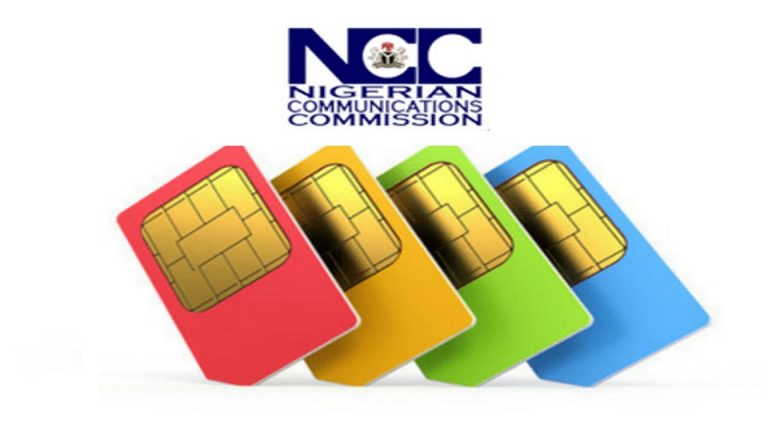
The Nigerian Communications Commission (NCC) has mandated commercial banks to shift Unstructured Supplementary Service Data (USSD) transaction charges from bank account deductions to direct billing from users’ mobile airtime, effective June 3, 2025.
Under the new structure, each USSD session will incur an N6.98 charge per 120 seconds, deducted by mobile network operators (MNOs) from users’ airtime balances.
United Bank For Africa (UBA), noted that customers will receive a consent prompt at the start of each session, with charges applied upon confirmation and subject to service availability. Customers can opt out of USSD banking if they prefer not to use the new model.
Register for Tekedia Mini-MBA edition 19 (Feb 9 – May 2, 2026).
Register for Tekedia AI in Business Masterclass.
Join Tekedia Capital Syndicate and co-invest in great global startups.
Register for Tekedia AI Lab.
Part of the bank’s statement reads,
“In line with the NCC directive, effective June 3, 2025, USSD banking charges will no longer be deducted from your bank account”. The bank further emphasized that users can discontinue USSD services at any time.
USSD (Unstructured Supplementary Service Data) is a critical banking channel in Nigeria due to its accessibility, simplicity, and effectiveness in bridging the financial inclusion gap. It works on any mobile phone, including basic feature phones, without requiring internet access or a smartphone. With over 80% of Nigerians using mobile phones but only a fraction owning smartphones or having reliable internet, USSD enables millions, especially in rural areas, to access banking services.
Notably, USSD is a cornerstone for Nigeria’s financial inclusion goals, targeting 80% inclusion. It serves underserved and unbanked populations who lack access to traditional banking infrastructure. In 2022, over 516 million USSD transactions worth about 4 trillion Naira were recorded, showcasing its massive adoption.
However, while USSD remains vital for financial inclusion, The ongoing tensions between Nigerian banks and telecom operators over Unstructured Supplementary Service Data (USSD) debts, amounting to over N250 billion as of 2024, have created significant friction, threatening the continuity of a critical banking channel in Nigeria.
The conflict began around 2019 when banks started incurring charges for using USSD services provided by telecom operators. By 2021, the debt stood at N42 billion, rising to N120 billion by 2023 and escalating to over N250 billion by 2024 due to banks’ failure to consistently remit fees to telecom operators.
The core issue revolves around the definition of a “transaction.” Banks argue they should only pay for completed transactions, while telecoms insist on charging for every USSD session initiated, including failed ones. In 2021, the Central Bank of Nigeria (CBN) and Nigerian Communications Commission (NCC) set a fee of N6.98 per transaction, deducted from customers’ accounts, to resolve this, but disputes persist over implementation.
Telecom operators, under the Association of Licensed Telecommunications Operators of Nigeria (ALTON), have repeatedly sought NCC approval to disconnect banks’ USSD services due to unpaid debts. In October 2024, telecoms pushed for regulatory approval to withdraw services, citing the unsustainable N250 billion debt.
In January 2025, the NCC issued a directive to nine banks—Fidelity, First City Monument, Jaiz, Polaris, Sterling, United Bank for Africa, Unity, Wema, and Zenith—to settle debts by January 27, 2025, or face disconnection of their USSD codes.
This followed a joint CBN-NCC memo in December 2024 outlining a three-phase payment plan: 60% of pre-API invoices by January 2, 2025; full payment by July 2, 2025; and 85% of post-API invoices by December 31, 2025.
By February 2025, banks made significant progress in clearing debts, averting immediate disruptions. ALTON’s chairman, Gbenga Adebayo, confirmed the situation was de-escalated, but the underlying issues remain unresolved, with legal and technical complications potentially prolonging the dispute.
The NCC’s directive to deduct USSD charges from mobile airtime, effective June 3, 2025, addresses the N250 billion debt dispute by shifting costs to consumers, ensuring telecoms receive direct payments, and reducing banks’ financial burden.
While this stabilizes the USSD ecosystem in the short term, it risks reducing accessibility for low-income users, potentially undermining financial inclusion.



